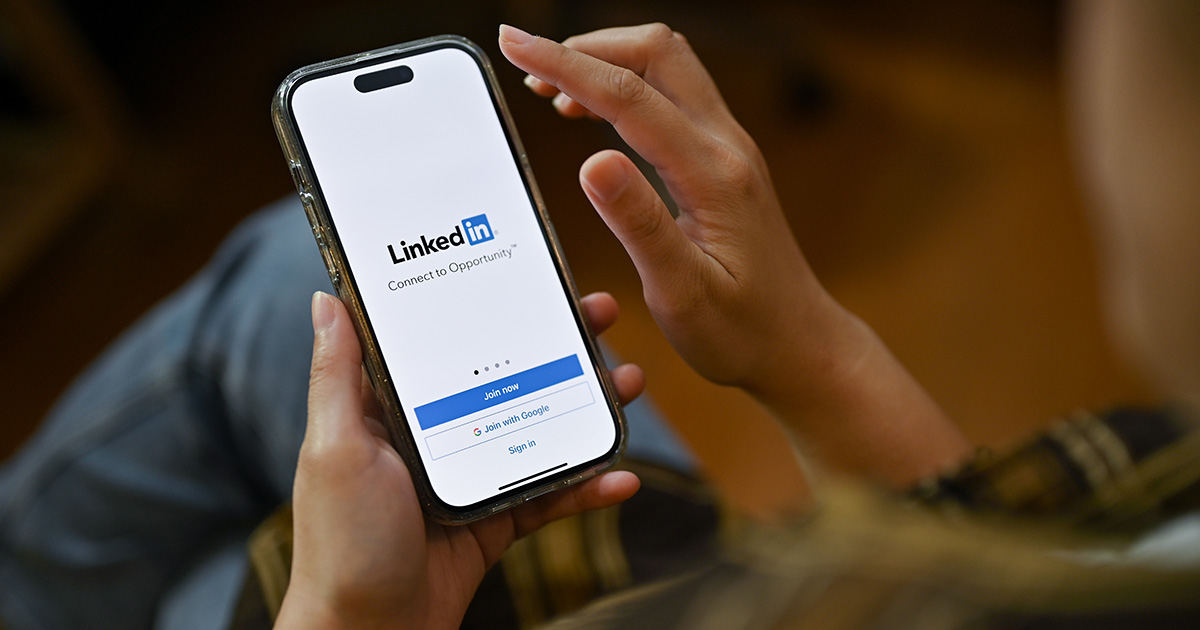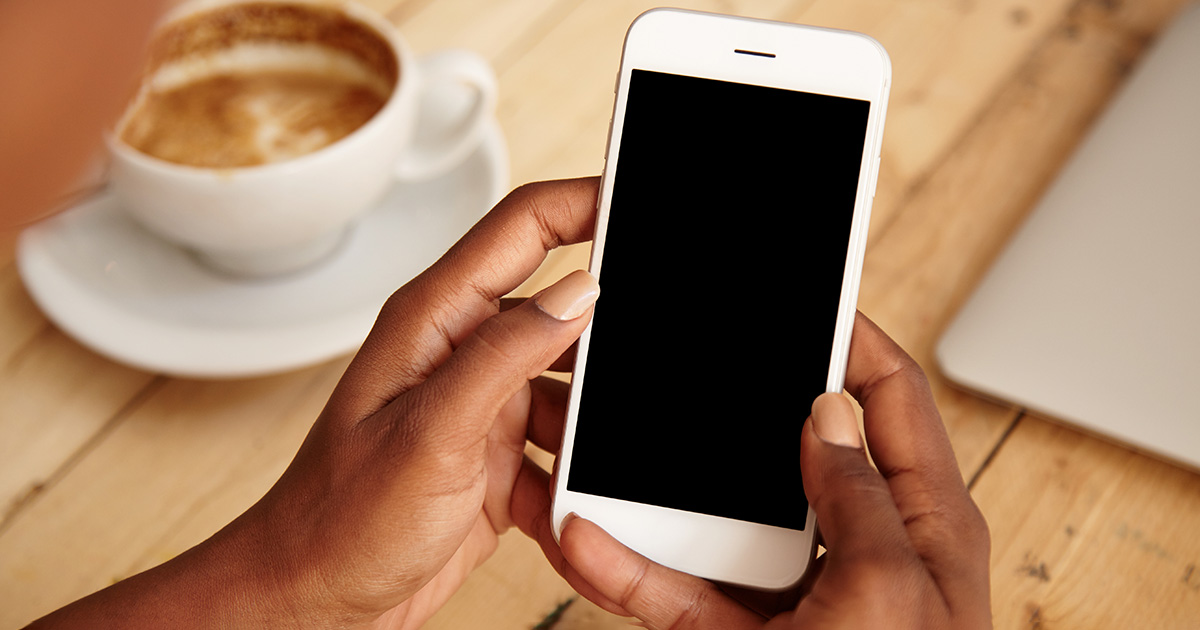Does interviewing make you anxious? You’re in good company. Over 93% of interviewees report feeling nervous. While everyone experiences anxiety differently, here are 10 tips that may help you net those stomach butterflies and manage your interview anxiety:
Before the Interview
1. Identify and Practice Answering Common Questions
If someone asked you your favorite color, would you panic? You would probably answer without a second thought (mine is “Sonic-blue”). One reason that interviews induce anxiety is because you don’t know what questions to expect. As you struggle with a professional answer, you worry about looking unprepared.
Most interviewers ask the same questions as every other interviewer. By identifying the most common questions, it’s easy to prepare your answers in advance, which takes a lot of stress out of the experience! A simple Google search for popular interview questions and answers is a great starting point.
Lastly, try Perfect Interview, a free, 24/7 mock-interview simulator that you can access from home. Using webcam technology, it will coach you on proper interview answers and allow you to see yourself from the interviewer’s perspective.
2. Drive To the Building and Find the Room
If you’re able, locate the street, building, floor, and office of your interview at least one day beforehand. Nothing is more stressful than missing your turn, driving across multiple parking lots, or rushing through a building trying to find your interview location! Being familiar will also give you a sense of calm and control when you arrive on the big day.
On the Day of the Interview
3. Eat Lightly, But Think Carefully About Caffeine
Even if you have butterflies, try to put something light but protein-rich in your stomach prior to the interview to fuel your body and mind, such as:
- Yogurt cup
- Protein bar
- Half-sandwich
- Smoothie
- Nuts
Caffeine might help you wake up and remain alert during the conversation but could also give you serious jitters! Use your best judgement and caffeinate accordingly.
4. Listen To Something Calming on the Drive
Distraction is the key to “ease.” Science has even found that it can significantly reduce pain! Focusing on something besides your nerves might be easier said than done, but here are a few suggestions:
- ASMR or guided meditations
- Breathing exercises with audio prompts
- Calling and talking to a friend
- Audiobooks or podcasts
- Alpha wave music or calming music
- Favorite songs (sing along!)
Use your commute time to put yourself in a calming headspace. If possible, spend five minutes listening to something calming before entering the building.
5. Have Someone Drive You — Or Even Wait in the Lobby With You (If Appropriate)
If you’re feeling too nervous or distracted to drive, do the safe thing and ask someone else to drive you (a parent, older sibling, or friend). This will also give you someone to talk to, discuss interview questions with, and generally provide distraction. Your driver can drop you off and pick you up, or, if appropriate, even go into the waiting room or building with you to provide moral support until you’re called.
6. Arrive Early
Feeling rushed never helped anyone calm their jitters. Arriving 15 minutes early comes with many benefits, such as:
- Slowing your breath – especially if you’ve climbed stairs or walked across a long parking lot
- Using the bathroom – to freshen up or check yourself in the mirror; do the “superhero pose” to give yourself a confidence boost
- Drinking water – hydrate yourself and prepare your vocal cords for the conversation ahead
- Making a great impression – of timeliness, preparation, and organization
7. Warm Your Hands
Did you know that warmth naturally reduces anxiety? If you’re anxious for the interview, chances are your hands feel cold and clammy, too. Once you’re in the waiting room try:
- Clenching your hands and feet – both to warm them and concentrate away from your stomach and chest to another part of the body
- Putting your hands in your pocket – be mindful not to slouch and to keep your appearance professional otherwise
- Wearing lightweight gloves – take them off once you’re called into the interview
During the Interview
8. Pause (AKA Your Notepad Is Your Friend)
Imagine you’ve prepared for all the common interview questions, but then something totally unexpected comes your way like, “How would you describe yourself in only one word?”
Rather than rushing into an answer or fumbling with words, take a moment to pause. Interviewers usually feel more impressed when they can tell you’ve seriously considered your answer before responding.
A notepad can be an incredible tool in these situations. Bring a professional notepad and pen with you. When you need a moment to collect your thoughts, write down a few quick words on your notepad before answering. This deepens the impression that you’re carefully considering your answer before giving it. In addition, a notepad is ideal for “keeping track” of the conversation and writing down the names, titles, and email addresses of the interviewer(s). (More on that in #10!)
9. Know You Feel More Nervous Than You Look
Remember, the interviewer doesn’t know your thoughts or feelings. Most interviewees overestimate how nervous they appear to the interviewer. If you find yourself getting nervous during the interview:
- Reinterpret your nerves as enthusiasm: How did you feel when you met your favorite celebrity? Or when you rode that giant roller-coaster? You may have had stomach butterflies, just like you do when you’re anxious, but you probably interpreted them as excitement instead. How you label your anxiety makes a difference. Nerves make us smile, laugh, and generally act jittery. During the interview, tell yourself, “I’m not nervous. I’m excited about this conversation!” Don’t be afraid to show enthusiasm in your voice, smile, or even use a bit of appropriate comedy.
- Ask a question instead: Give your interviewer a chance to talk (and take the spotlight off you for a moment) by asking a simple, follow-up question. (i.e., “Since you asked about my leadership experience, I’m curious: What leadership opportunities are available at this organization?”)
- Think of it as a conversation: Imagine you’ve been introduced to a friend of a friend for the first time. How would you speak to them? Consider a similar approach to your interview. Remember, the interviewer genuinely wants to get to know you. They might become a future co-worker, boss, or even friend to you!
After the Interview
10. Know It’s Okay To Forget Something
Did you forget to mention that you have two years of customer service experience, that you won an award for leadership, or that you speak another language?
After your interview, write a thank you email to everyone you met. Over 90% of hiring managers agree that a thank you note makes a positive impression, and it’s a great opportunity to show gratitude, re-emphasize your skills, and mention anything you forgot to say during your conversation!
Bonus: Treat Yourself
You did it! You completed an interview! Make sure you reward yourself with something special to commemorate this major milestone.
If you have any questions about interviewing or want assistance preparing personalized answers to common interview questions, contact the EFSC Career Center to get started so that you can walk into your first (or next) interview with confidence!




